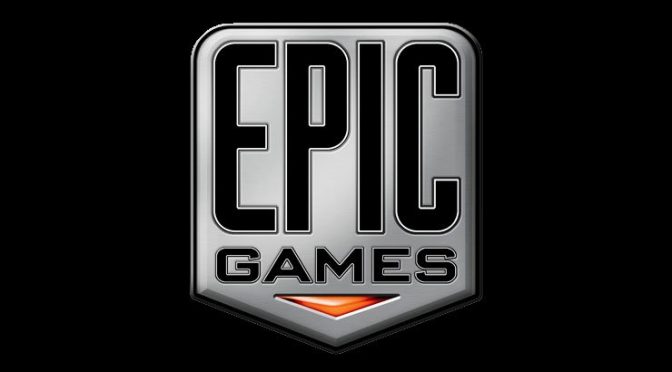It’s no secret that for a time, Epic Games was focused on console gaming. While its roots were in PC gaming, the company felt the need to focus on consoles for almost six years in order to survive. And according to Tim Sweeney, that was a wise decision as before Steam, PC game revenue started falling off a cliff.
As Tim Sweeney told Glixel:
“We built PC games for all of Epic’s history: Jazz Jackrabbit, Jill of the Jungle, Epic Pinball, and then Unreal. But before Steam, PC game revenue started falling off a cliff, right around the time BitTorrent and Napster came out. Piracy became really easy and accessible with broadband Internet. Our competitors who were shipping games were almost going out of business, because for every copy they sold there would be like 10 pirated copies. As a result, PC was not growing as a viable platform for the scale of game that we wanted to build. We wanted to build games like Gears of War.”
Sweeney claimed that due to PC piracy, Epic Games focused on consoles for that whole time frame, from 2006 to 2012.
“That was a good decision. We were able to make games on console that sold vastly more than they could have sold on PC. Even now, Gears of War, several games in the franchise sold more than 6 million copies. I don’t think there’s a single game on Steam that sold 6 million copies.”
But what made Epic Games abandon current-gen consoles and return to PC gaming? According to Sweeney, a new triple-A console game would put the company in danger.
“A funny thing happened in the console market, though. Budgets were being bid up. The first Gears of War cost $12 million for us to make. And it made us $100 million in profit. So that was awesome. But by Gears of War: Judgment, the game cost about $60 million to build, and made about $100 million still.
We saw as you moved to this new console generation, the Xbox One and PlayStation 4, we could expect our costs to double again. And the user base wasn’t going to double. It was going to go back to zero and then have to rebuild. We felt we would be of questionable viability as a standalone developer in Triple A.”
Not only that, but according to Tim Sweeney, PC is a more accessible gaming platform these days than consoles, something that may explain the disappointing retail console sales. And as a result of that, PC game sales will increase over the course of the next few years.
“Young people are growing up in mobile. They’re playing games in different ways, usually shorter play sessions spread throughout the day. It’s not the kind of experience where you sit down for four hours and play a game. And the gamers who are getting into that are moving more and more into PC, I think.
PC is becoming a more convenient way of playing. And also these PC-centric games that are operated continually are becoming a bigger and bigger factor in hardcore gaming: League of Legends, Dota, Overwatch.
Another factor is that laptops don’t suck for gaming anymore. They’re actually pretty good. It’s a much more mobile device than a console that is always tethered to a TV.”
John is the founder and Editor in Chief at DSOGaming. He is a PC gaming fan and highly supports the modding and indie communities. Before creating DSOGaming, John worked on numerous gaming websites. While he is a die-hard PC gamer, his gaming roots can be found on consoles. John loved – and still does – the 16-bit consoles, and considers SNES to be one of the best consoles. Still, the PC platform won him over consoles. That was mainly due to 3DFX and its iconic dedicated 3D accelerator graphics card, Voodoo 2. John has also written a higher degree thesis on the “The Evolution of PC graphics cards.”
Contact: Email

